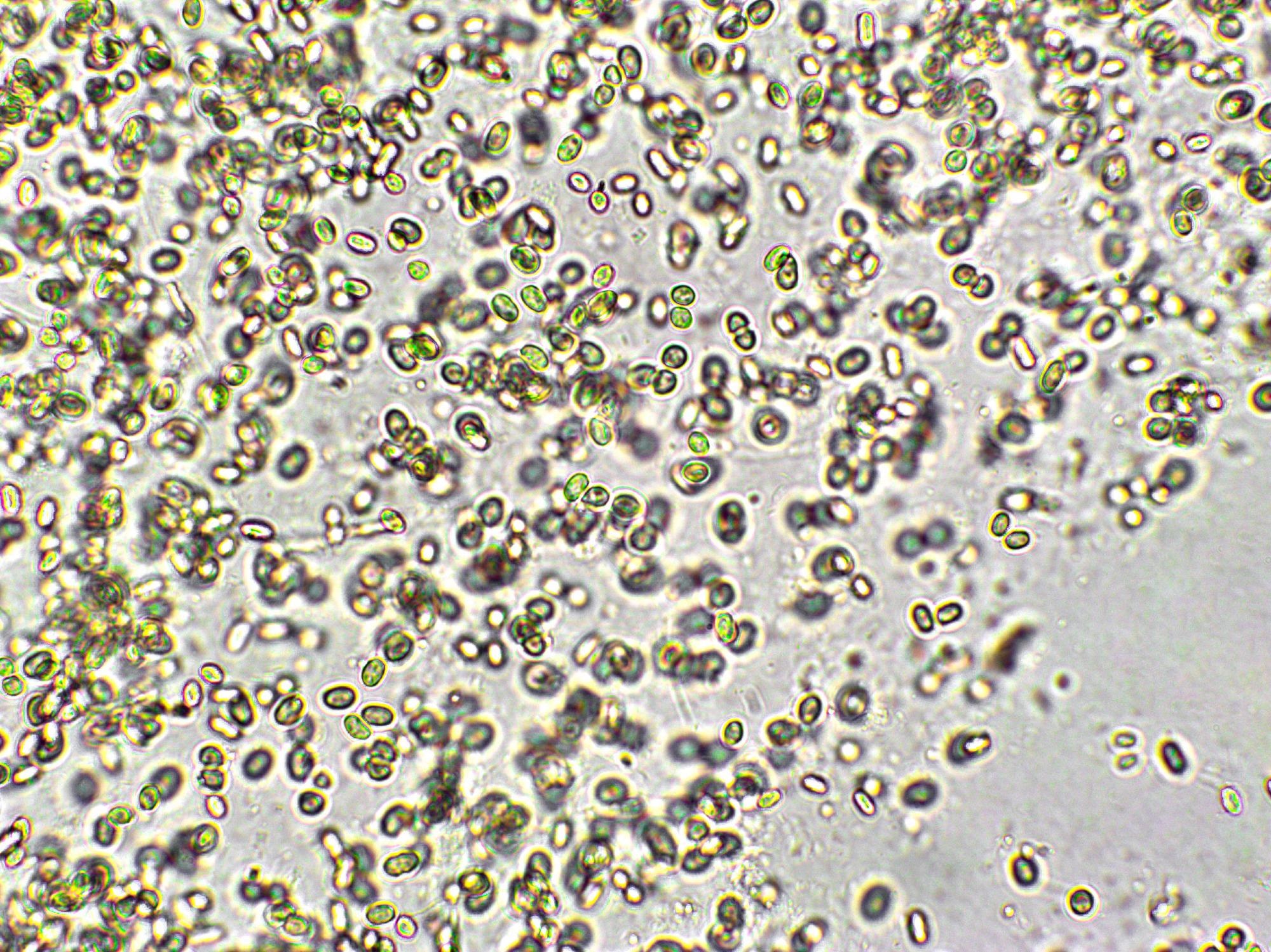Bioactive metabolites extracted from natural resources serve as drugs for the treatment of various diseases. A new review article published in the Journal of Biotechnology has provided information on various nutraceutical metabolites extracted from algae. The authors also discussed the effectiveness of these bioactive metabolites to treat several diseases, including severe acute respiratory syndrome coronavirus-2 (SARS-CoV-2), the causal agent of the ongoing coronavirus disease 2019 (COVID-19) pandemic.
Algae, eukaryotic plants belonging to the kingdom Protista, originated around a billion years ago. Based on their size, these photosynthetic organisms are classified as macroalgae (multicellular) and microalgae (unicellular). Additionally to maintaining carbon dioxide levels on earth and preventing climate change, algae contain various proteins and dietary fibers that can serve as anti-inflammatories, anti-microbes, and disease prevention agents. One of the key advantages of deriving drugs from microalgae is their metabolic plasticity. Pharmacologically significant algae can be cultivated on a large scale using photo-bioreactors.
In 1950, marine organisms were explored for the first time to obtain novel drugs. Among red, green, and brown algae, the red algae contain the highest number of bioactive compounds, e.g., polysaccharides, lipids, polyphenols, steroids, glycosides, flavonoids, tannins, saponins, alkaloids, triterpenoids, anthraquinones, and cardiac glycosides. Many of these metabolites have antimicrobial, anti-inflammatory, and antioxidant properties. In addition, in microalgae, many chemical substances are deposited in their cell walls, making them thick and resilient to environmental changes. This is the reason why algae can withstand harsh conditions.
The edible form of marine algae contains high-value compounds, like carotenoids and astaxanthin, which exhibit exceptional antioxidant properties. This is why algae have been widely used as a health supplement for humans, with its market value reaching 3.4 billion USD. Marine microalgae (seaweed) naturally produce carrageenans, sulfated polysaccharides composed of fucoidan, fucosterol, sodium alginate, and protein. In addition, spirulina, known as a superfood, is extracted from the algae named, Spirulina platensis. Furthermore, several metabolites, such as cyanovirin, scytovirin, and microvirin, isolated from cyanobacteria, are effective against various viral, bacterial, and fungal diseases.
Many algae contain lipids, low-value compounds present in various forms such as fatty acids, sterols, glycerides, fat-soluble vitamins, and phospholipids. Several studies have revealed that both microalgae and macroalgae can synthesize a therapeutically relevant class of fatty acids, e.g., polyunsaturated fatty acids (PUFAs). Algae-based sterols, such as fucosterol, ergosterol, and chondrillasterol, exhibit anti-inflammatory reactions. Various medically important lipids and fatty acids are obtained from Chlorella vulgaris, Undaria pinnatifida, Haematococcus pluvialis, and Cladophora rupestris. Several types of vitamins, e.g., Vitamin C, Vitamin E, Vitamin B2, B3, B9, B12, Vitamin K, etc., are synthesized by algae, e.g., Skeletonema marinoi, Tetraselmis suecica, and Chaetoceros sp.
 Study: Chlorella vulgaris algae under microscopic view Image Credit: Elif Bayraktar / Shutterstock
Study: Chlorella vulgaris algae under microscopic view Image Credit: Elif Bayraktar / Shutterstock
Both microalgae and macroalgae contain all the essential amino acids which are not synthesized by the human body. These essential amino acids protect cells from damage and attack of free radicals. Palmaria palmata comprises amino acids, such as leucine, valine, methionine, isoleucine, and threonine, that resemble the protein content present in egg white protein and ovalbumin.
Algal Metabolites for Treatment of Diseases
The majority of microalgae contain PUFAs, including eicosapentaenoic acid and docosahexaenoic acid, i.e., the two most important omega-3-fatty acids. These compounds significantly reduce the risks of cardiac diseases. Griffithsin (GRFT), a protein that has been extracted from macroalgae Griffithsia sp, exhibits anti-Human Immunodeficiency virus (HIV)-1 property. This antiviral agent has also shown efficacy against Hantaviruses and Coronaviruses (e.g., SARS-CoV-2 and MERS). Scientists revealed that GRFT binds with the glycosylation sites in the S1 subunit of the Spike protein of coronavirus, possibly, a receptor-binding domain (RBD), and inhibits viral infection. Carrageenans obtained from red algae exhibit antiviral activity. Several studies have revealed that they can inhibit the replication of viruses, such as HIV, Hepatitis-A, Human papillomaviruses, Dengue virus, Japanese encephalitis virus, and murine cytomegalovirus.
Fucoidans are extracted from the cell walls of brown seaweeds, which contain L-fucose and sulfate residue groups. This compound has exhibited various therapeutic activities, including effectiveness against coronavirus, HIV, human cytomegalovirus, coronavirus, Influenza virus, and murine norovirus. The primary mechanism of action has been associated with the sulfate group blocking the virus entry into the host via competing for the attachment of positively charged virus glycoprotein envelope onto the host cell. Recently, fucoidan isolated from brown seaweed Saccharina japonica has shown effectiveness against SARS-CoV-2. Ulvans, which are sulfur polysaccharides (SPS) obtained from green algae seaweed, e.g., Ulva sp. revealed antiviral, immunomodulating, antioxidant, antihyperlipidemic, and anticancer properties. Additionally, this metabolite helps reduce chronic diseases related to gastrointestinal health.
Algal metabolites extracted from Hydroclathrus clathratus, Ulva prolifera, Gracilaria lemaneiformis, Laurencia papillosa, Sargassum fusiforme, etc., also exhibit anti-bacterial and anti-fungal properties.
Through continuous research and development of marine resources, algae and their metabolites increasingly play a significant role in functional foods and nutrition. Clinical and experimental trials are now being conducted on many algal metabolite-derived drugs. Macro and microalgae contain carotenoids, sulfur polysaccharides, lipids, proteins, and vitamins essential for health and can also be used to treat and prevent many life-threatening infections and diseases, such as SARS-CoV-2. Algae represent a vast reservoir and treasure trove for high-value-added biocompounds widely used in food, nutraceuticals, pharmaceuticals, cosmetics, and other industries.